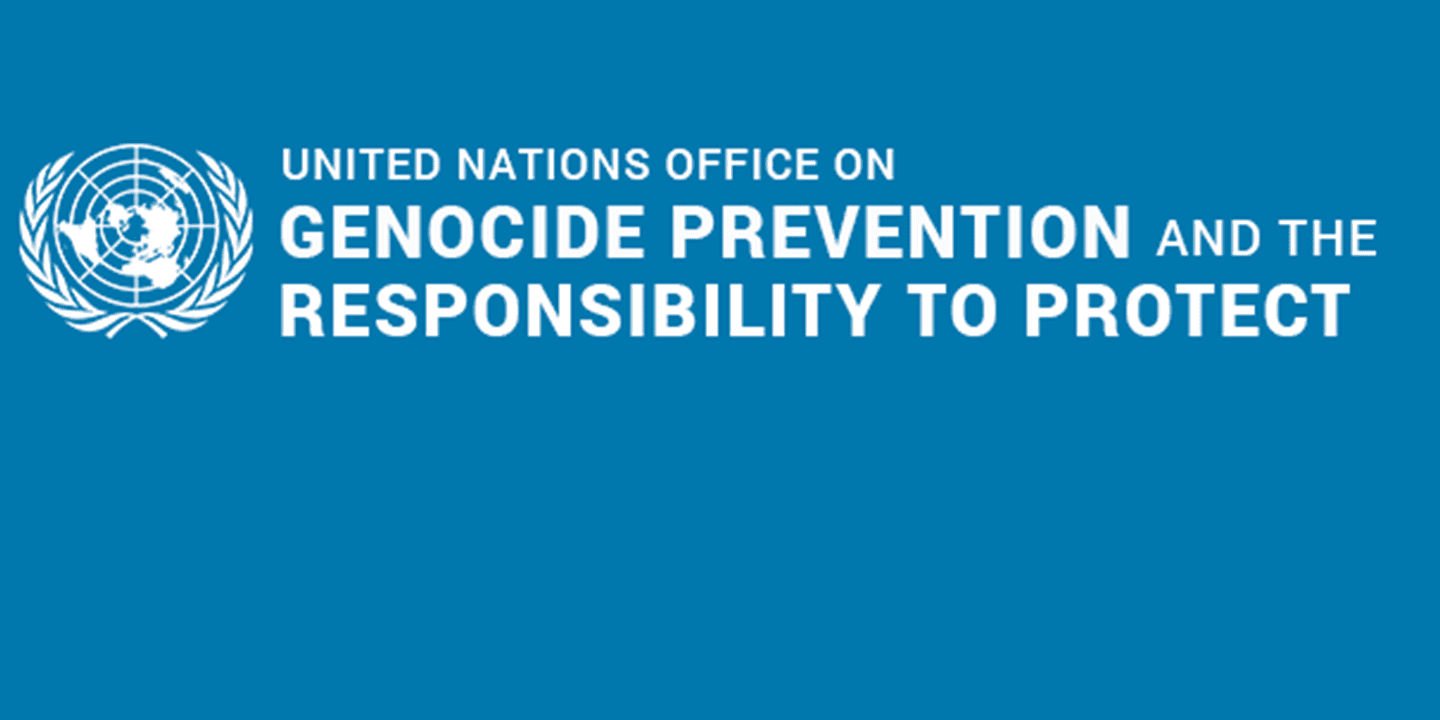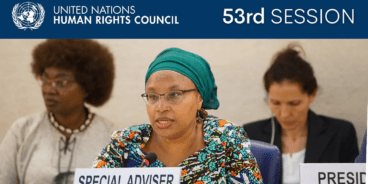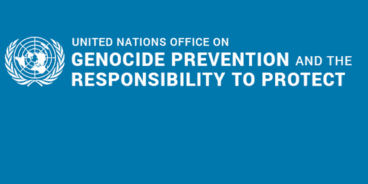
UN Human Rights Chief and Special Adviser on Prevention of Genocide disturbed by increase in violence and hate speech in eastern DRC
UN High Commissioner for Human Rights Michelle Bachelet and Special Adviser on the Prevention of Genocide Alice Nderitu today expressed their deep alarm about the impact of a recent increase in hostilities between the M23 armed group and the armed forces of the Democratic Republic of the Congo (DRC) on the local population in the east of the country. The two top officials called for all attacks against civilians to stop immediately. The M23 resumed hostilities against DRC troops in November 2021. Since then, there have been multiple skirmishes with Congolese armed forces in the North Kivu Province. Since May 2022, at least 23 civilians have been killed and 16 injured, and many more displaced from their homes. This includes three children who were killed when their school was shelled by fighters from the M23.
“We call on all parties to respect international human rights law and international humanitarian law,” Bachelet and Nderitu stressed. “We urge the Government to ensure accountability for the abuses and violations committed.”
Bachelet and Nderitu also expressed concern about recent developments in Bunagana, Rutshuru territory, North Kivu Province, where restrictions on freedom of movement, as well as lootings and ransacking of official buildings, private businesses and media organisations by fighters of the M23 have been reported.
“We have also noticed an escalation of hate speech and incitement to discrimination, hostility or violence nationwide – and specifically against Kinyarwanda speakers – as the DRC Government has accused Rwanda of supporting the M23,” the UN officials said.
“Hate speech fuels the conflict by exacerbating mistrust between communities. It focuses on aspects that have previously mattered less, incites a discourse of ‘us vs. them’, and corrodes social cohesion between communities that have previously lived together,” they said.
So far, the UN has documented eight cases of hate speech and incitement to discrimination, hostility or violence. Hate speech has been spread, among others, by political party figures, community leaders, civil society actors, and members of the Congolese diaspora.
“Times of heightened political tensions and armed conflict tend to correlate with increased use of hate speech and incitement to discrimination, hostility or violence,” the two top officials stated. “Hateful messages heighten the risk of violence, including atrocity crimes targeting specific groups of people. The use of such hate speech should be roundly condemned by the highest national authorities and curbed.”
The UN senior officials encouraged Parliament to expedite the process of discussion and adoption of the bill on “racism, xenophobia and tribalism” in order to strengthen the legal framework to address and counter hate speech.
They welcomed the DRC Government’s public statements condemning the ongoing dissemination of hate speech and called on it to strengthen existing prevention mechanisms, including the National and Provincial Committees on Genocide Prevention, by adopting a firm legal framework for their existence, appointing their full membership, and providing the resources for their operations, as well as to redouble its efforts in partnership with MONUSCO to address intercommunal violence across the country.

